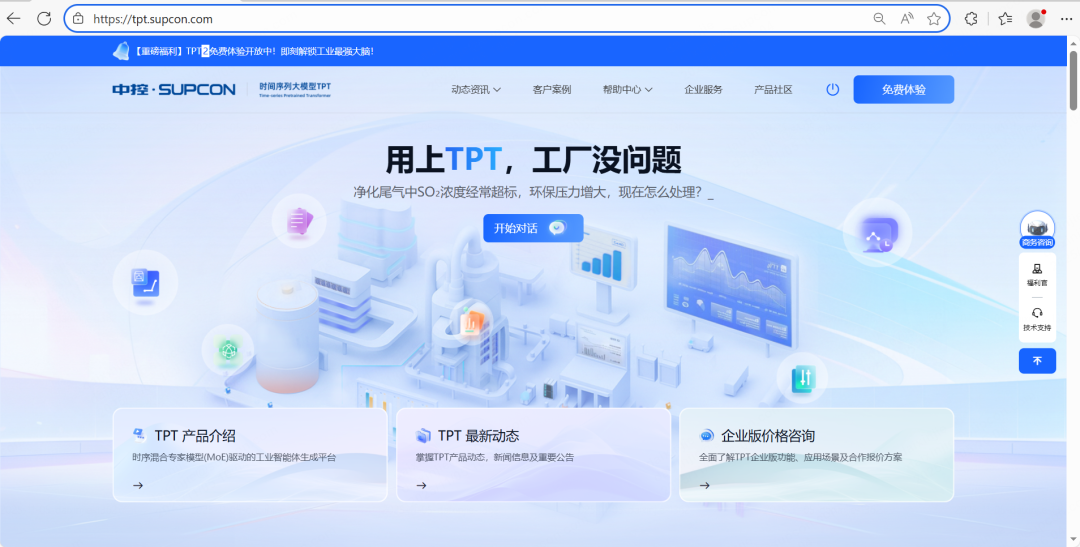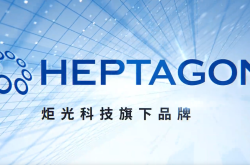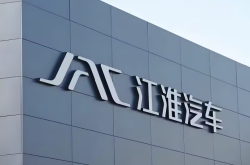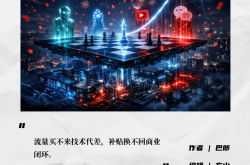Leveraging AI to Govern Factories Amidst Fierce Industrial Rivalry
![]() 11/07 2025
11/07 2025
![]() 592
592
Welcome to Beiming's AI Teahouse.
This year, I've visited several AI expositions and observed a growing presence of booths labeled 'Industrial AI' and 'Smart Factories'.
In recent times, the worldwide industrial AI market has witnessed a swift expansion.
Industrial AI has transitioned from its initial pilot phases to widespread deployment, with manufacturing behemoths like Siemens, Foxconn Industrial Internet, and Midea making substantial investments. IDC has even pinpointed manufacturing as one of the most promising sectors for AI integration.
On the surface, it appears that industrial AI has entered a golden age.
Yet, in truth, the majority of industrial AI applications are still limited to superficial office tasks, such as intelligent data searches and internal customer support. Few truly delve into core operational areas like production management and quality refinement.
01|The Journey to AI-Governed Factories
Enabling AI to genuinely assume control over factory operations is far more intricate than envisioned, necessitating the initial overcoming of three significant hurdles.
The first obstacle is data-related. Training large AI models hinges on vast data volumes, but in traditional manufacturing, production data is fragmented across diverse industrial control systems with minimal sharing. Data barriers, transmission delays, and missing data impede the training and deployment of large AI models.
The second challenge is adaptability. Manufacturing processes are exceedingly complex, particularly in process industries where massive amounts of time-series data are generated every millisecond. Dynamic parameters like temperature and pressure exhibit strong causal relationships, where even a slight alteration can impact the entire system. Common large AI models that rely solely on data fitting lack credibility, leading to 'parameter drift' or even safety incidents stemming from 'AI hallucinations,' rendering them unsuitable for intricate industrial settings.
The final barrier is the cost associated with AI technology. Industrial production processes exhibit significant variability, and an AI solution tailored for one scenario often necessitates remodeling, deployment, and adaptation for another, resulting in elevated operational costs. The challenge of quantifying return on investment discourages many small and medium-sized enterprises.
So, what does a factory truly governed by AI resemble after surmounting these three obstacles?
Hubei Xingrui Silicon Materials Co., Ltd., a subsidiary of Hubei Yichang Xingfa Group (hereinafter referred to as 'Hubei Xingrui'), has achieved fully autonomous factory operations powered by AI.
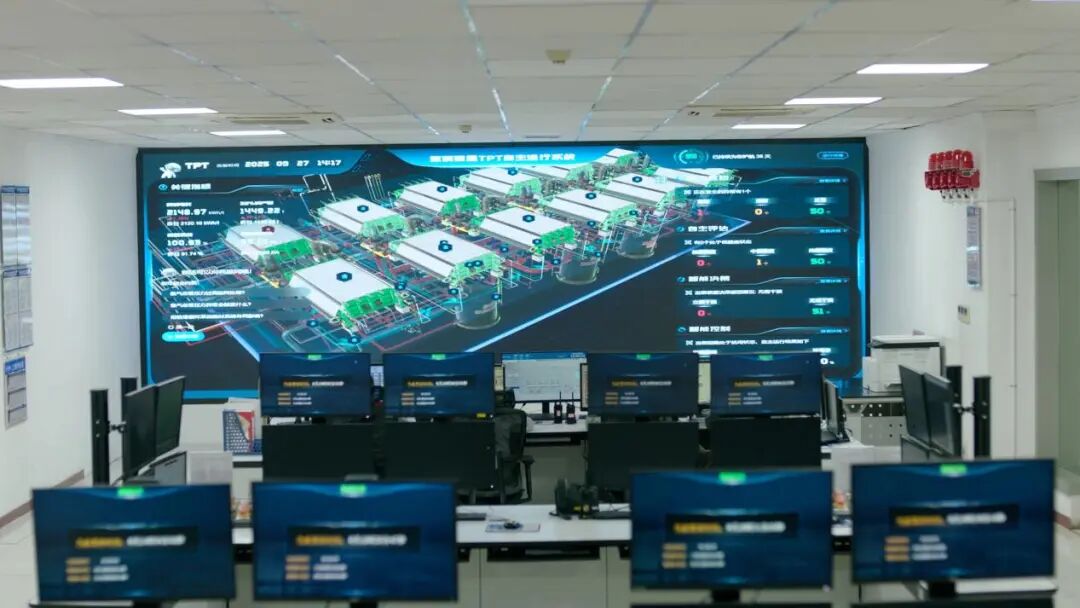
In Xingfa Group's traditional chlor-alkali production, manual monitoring was indispensable. Engineers had to concurrently monitor thousands of parameters, including temperature, pressure, and flow rate, across tightly interconnected production processes. Even the slightest fluctuation could trigger a chain reaction.
Following the transformation, AI now oversees the entire complex chlor-alkali production process at Hubei Xingrui. High-risk areas have achieved unmanned operations, and overall production efficiency has improved by 1%-3%.
So, which vendor supplies such potent AI capabilities?
Answer: Central Control Technology.
This is all predicated on Central Control Technology's Fully Autonomous Plant (FAP) solution.
FAP leverages the Time-series Pre-trained Transformer (TPT) large model and the Universal Control System (UCS) as its core, constructing a comprehensive production loop of 'perception-cognition-decision-execution' for factories.
The integration of the TPT large model and UCS facilitates real-time capture, dynamic analysis, accurate prediction, and autonomous optimization of process production parameters, elevating the operational model of process industries from 'experience-driven' to 'AI-powered real-time autonomous decision-making'.
FAP has assumed numerous repetitive, tedious, and high-precision operation and monitoring tasks at Hubei Xingrui, liberating employees from hazardous on-site operations and enabling them to concentrate on more valuable innovative endeavors.
02|Intelligent Upgrades with TPT 2
As the 'brain' of FAP, the Time-series Pre-trained Transformer (TPT) large model has been successfully implemented in over 110 projects across leading domestic and international enterprises in the petrochemical, chemical, energy, power, oil and gas, pharmaceutical, food, and metallurgical sectors since its launch a year ago.
Based on quantifiable performance data, verifiable real-world scenarios, and replicable benchmark models, Central Control Technology officially introduced TPT 2 on August 28th of this year.
At the launch event, Zhang Huize, Vice President of Central Control International Operations, underscored:
TPT 2 is a groundbreaking industrial AI tool tailored specifically for the core needs of process industries.
TPT 2 enhances scenario adaptability by adopting a Mixture of Experts (MoE) architecture. Built on industrial time-series data and integrating 'data + mechanism,' it is a deep learning-based industrial intelligence generation platform aligned with the fundamental principles of process industries. It can adapt to various process industry production scenarios and achieve closed-loop applications, providing enterprises with integrated support from solutions to industrial intelligent agents.
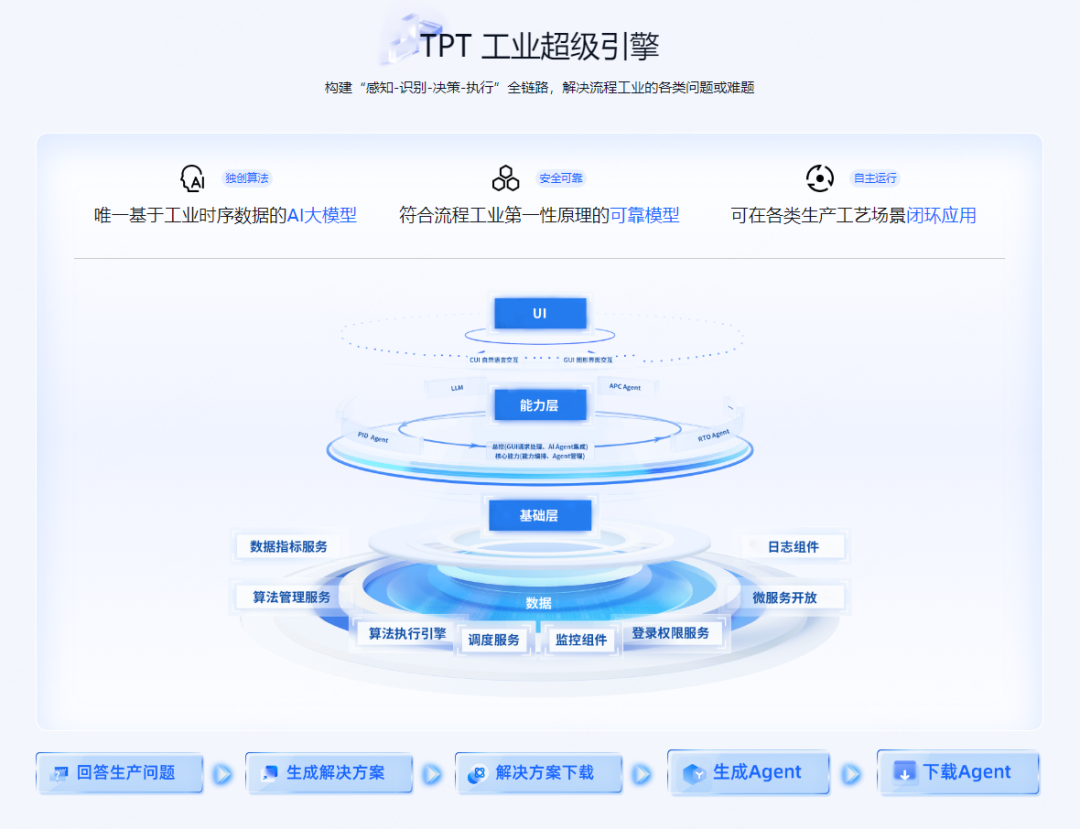
TPT 2 features conversational interaction, akin to large language models. Engineers merely need to articulate the problem in a dialog box, and TPT 2 can autonomously identify and analyze the issue, prompting users to furnish additional information through a question-and-answer format before outputting an executable control plan. The entire process requires no programming expertise, significantly lowering the barrier to utilizing industrial AI.
Depending on the problem type, TPT 2 can also generate deployable industrial intelligent agents that support one-click saving and rapid invocation. These agents can be downloaded locally and linked with industrial control systems such as DCS/SCADA/SIS/PLC to achieve closed-loop control.
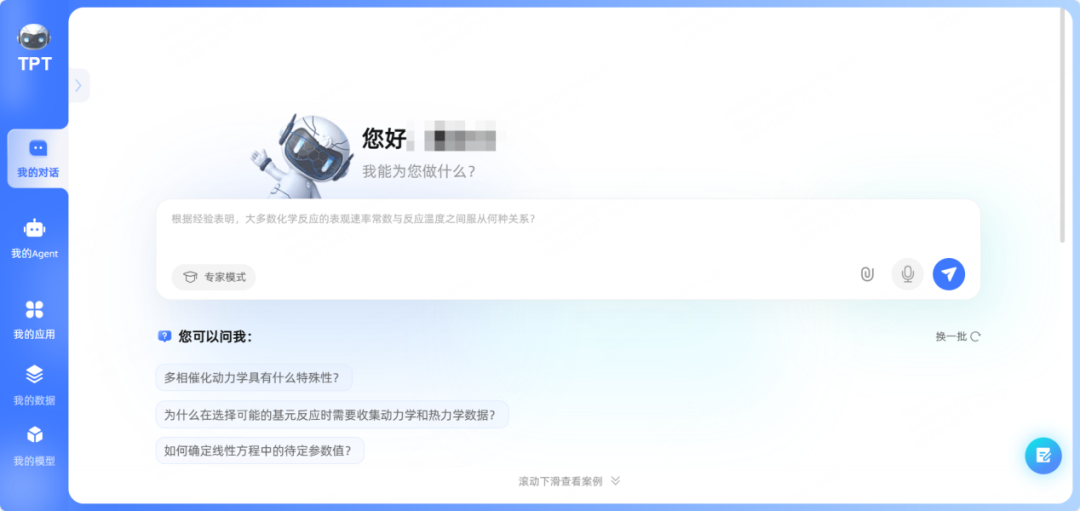
Pre-trained on extensive mechanism data from over 37,000 enterprises accumulated over 30 years of Central Control Technology's service, TPT 2 deeply comprehends the operational patterns of time-series data in process industries. It enables root cause identification and accurate prediction, possessing 'expert-level' decision-making capabilities to avoid succumbing to the 'AI hallucination' trap.
Additionally, TPT 2 employs 'unified modeling' based on the SCOPES capability matrix (Simulation, Control, Optimization, Prediction, Evaluation, Statistics), encompassing nearly all types of production equipment in process industries. It breaks down data barriers in traditional manufacturing factories, and the generated industrial intelligent agents can be reused across diverse operating conditions with only minor adjustments based on on-site data.
03|AI That Can Truly Govern Factories
The 'competition' within the industrial sector is essentially a battle for efficiency. The implementation of TPT demonstrates that effective industrial AI is not merely a flashy concept but a practical tool that aids factories in stabilizing quality and reducing costs.
Currently, TPT 2 is offering complimentary trial access to all professionals in the automation industry. Click 'Read More' to visit the product website and register for a complimentary experience.
